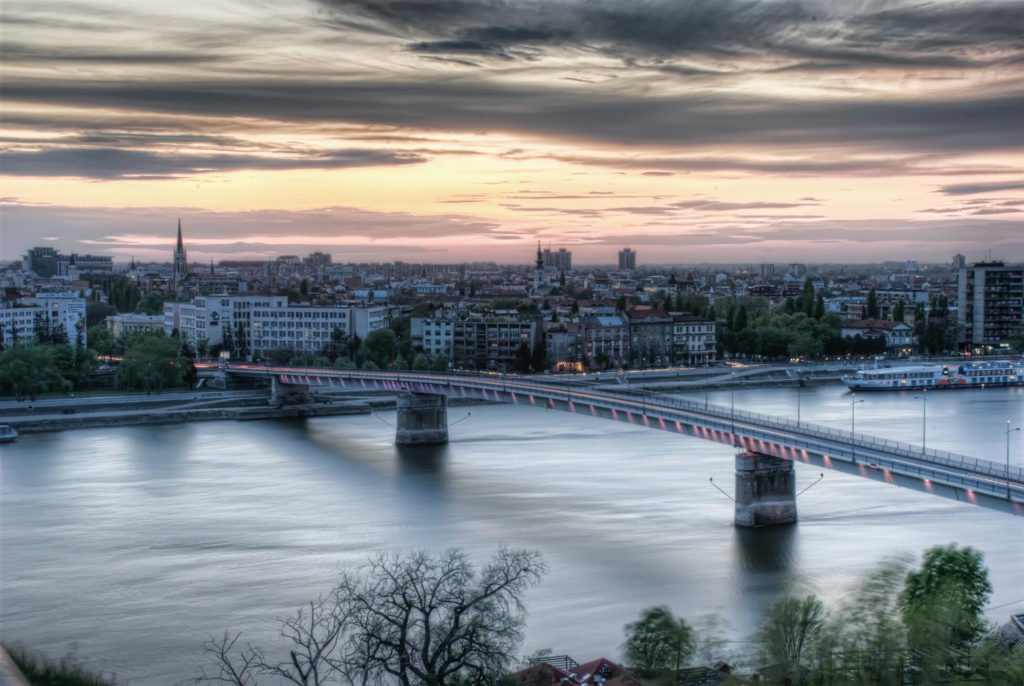Since the humanitarian crisis in 2015, more than a million Afghans have passed through the Baltic states to seek refuge in developed parts of Europe. More than half of these Afghans transited through Serbia alone.
Currently, more than 5000 Afghan migrants reside in Serbia, primarily ones who fled Afghanistan before the Taliban took over. Moreover, the European Union sticks to the policy of moral obligation to restore the livelihood of Afghan migrants and refugees.
A contrast in the policy was witnessed when Serbia refused the majority of applications from Afghan asylum seekers last year. However, in 2022 the Serbian government granted temporary residency on a humanitarian basis to two unaccompanied children, refugee status to 3 other Afghans, and 6 subsidiary protections to those who couldn’t qualify for either of the two statuses.

Serbian visa requirements
Serbia applied for membership to the EU in 2009 and though it is acknowledged as a candidate, it is not yet a full member. Due to this, Serbia applies its own visa policies and procedures here different from the rest of the EU states.
Furthermore, Serbia has bilateral travel arrangements with more than 100 countries; Afghanistan not being one of them. The visa types offered by Serbia are:
C-Type – A short-term 3-month visa, limited to a 6-month duration depending on the purpose of the visit.
Touristic – Strictly issued to travelers who wish to come for sightseeing. It can be applied through Serbian consulates or outsourced official travel agents.
Business – Granted to business travelers for conducting business or attending a business-related event, fair, seminar, or conference.
Family reunion – Afghans who have relatives settled in Serbia can apply for a visa; the purpose of this visa is to allow families to reunite for a certain period of time. A sponsorship letter from a Serbian relative is required to initiate the visa process.
Education/Internship – Afghans who are eligible to study in Siberia can apply for an education visa or an internship visa to learn specialized skills. Students can even apply for financial grants and support provided they qualify on the criteria.
D-type long-term – A long-term visa is required for a stay beyond the usual 3 months. Certain circumstances and qualifications make a person eligible to apply for a D-type visa, which will be discussed later.
Transit – A transit visa is required when an individual is not allowed to travel to a certain country directly. In such cases a Serbian transit visa allows the person to stay in Serbia for a maximum of 5 days and transit to a third country.
D-type long-term visa requirements
A long-term (D-type) visa is obtained through a lengthy procedure and after fulfilling a series of requirements. The series of steps are discussed below:
- Make an appointment with the consulate to submit original documents – Since Serbia does not have a consulate or diplomatic mission in Afghanistan, the closest countries to apply from are Iran, Pakistan, India, and China.
- Prepare for the interview and clearly mention the purpose of the visit
- Finalize the application and provide all the required details and documents
The visa application requirements
The visa application requirements are mentioned below:
- Valid passport
- Certified letter of invitation from a Serbian company
- Proof of payment from an authorized travel company
- Duly filled visa application
- Recent passport-sized photographs
- Airline return ticket or a valid driving license
- Travel insurance with full coverage
- Visa fees receipt
Valid purposes for D-Type visa
Some of the reasons/purposes a D-type visa is usually issued are:
- Employment: proof of employment is compulsory
- Self-employed: copy of income tax returns (most recent) or bank statements, and proof of business
- Education: The admission voucher and school’s admittance letter are compulsory


